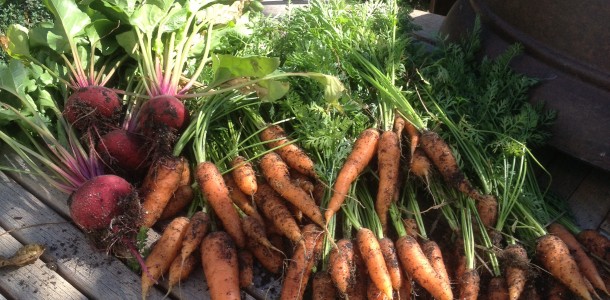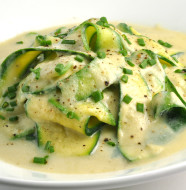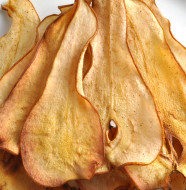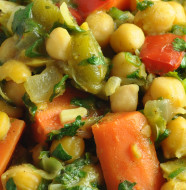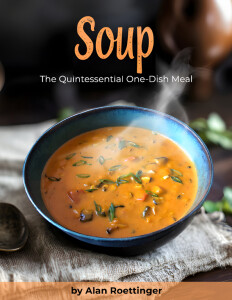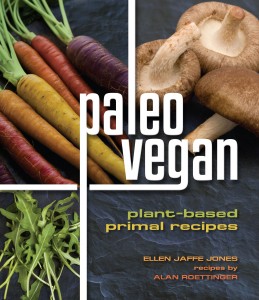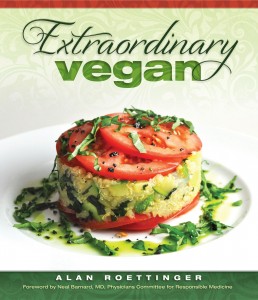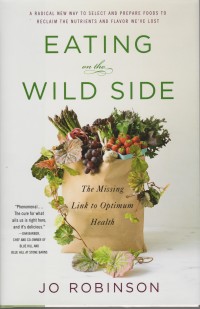That’s ridiculous, right? What if I love charred fatty meat, fried potatoes and cheesecake—how will that make me healthy? Ah, but I’m talking about true love, lasting love, love that nurtures and protects. Love is a two-way street. You cannot love truly unless the one you love also loves you—for patient and forgiving as love can be, it must be requited or it withers. Unless the circle is complete, what begins as love will end in bitter disappointment. So what’s love got to do with food? A lot, actually.
You think you love fried food, just like you thought you loved that handsome hunk or shapely girl in high school—you know, the one who was stuck on someone else and barely knew you existed. That’s called infatuation, which unlike love, can be totally one-sided, painfully one-sided. You give and give and nothing comes back but pain and misery, and still you keep at it because it hurts so good. Sound familiar? This could be a sign that you have a codependent diet. Sure, your food may taste great, but that’s just you loving it; what it does when it gets inside you will tell you whether it loves you or not. Does it make you feel nurtured and protected, or used and abused? It might be time to dump the shallow heartless (fill in the blank) and find yourself a genuine soulmate.
Think about it. How can we expect our body to be healthy if we tolerate an abusive relationship with our food? Naturally, in any relationship, there will be a few bumps—an occasional tiff is unavoidable. But in a healthy one, the whole idea is to build a viable partnership based on trust and mutual respect. It’s all about harmony and joy, not constant grumbling and stress. If we understand this, then it’s obviously in our best interest to seek out a kind, affectionate lover, and to avoid the peevish, quarrelsome kind.
If you’re paying attention, you can tell right away when you’ve met a suitable lover. Indulging seems the most natural thing. The transaction is delightful, leaving an afterglow of sweet satisfaction. My body knows exactly what foods make it feel good, and all I have to do is acknowledge the messages it sends me. Soon, I too become enamored. Mmm, greens with olive oil and garlic. Ooh, that succulent salad. Chocolate? You like dark chocolate? Me too!
Here’s an interesting twist: Like unattractive people who suddenly look beautiful when love blossoms, foods that have a near-repellent taste can become quite acceptable once their salubrious effect has become a matter of record. I once had a Chinese doctor give me some awful teas to drink. I don’t even know how to describe them—foul, bitter, astringent, nauseating. Then they started to heal me and take my pain away. Eventually, believe it or not, I began to love the taste of those teas—even their smell as they brewed. I literally welcomed them into my mouth and body.
I know that story sounds a bit extreme and unbelievable, but it’s true. I tell it because if we can come to love something truly disgusting, this means we can retrain our desires to reach for good-tasting food that will be good to us. In my cookbooks, I’ve taken a step in this direction by focusing simultaneously on essential building blocks for a healthy body and indispensable elements of food enjoyment.
When food is selected and prepared with both health and pleasure in mind, it becomes second nature to eat it with appreciation and gratitude, which is by far the surest way to guarantee full enjoyment and good digestion. You can almost feel it echoing that “mmm” you may have hummed when you ate it, as it happily becomes your vibrant living flesh.
Life is short, and we’re not in high school anymore. If we want to get the best out of life, we need to be a little more conscious and a lot more selective. With so little time, I think we owe it to ourselves to seek and find the most delicious forms of those things we cannot live without. In turn, we owe it to those things to ensure that we consume them without regret. The body is incredibly forgiving and resilient, but even so it will fail us if we mistreat it long and badly enough. So we need to watch not only what foods we eat, but how they treat us afterwards. Eventually, we’ll come to recognize a true lover as it approaches, not by the anticipation of momentary stimulation, but by the promise of a long and mutual embrace.
.
Note: I used this as my “Manifesto” on my old website for several years, because it represents what I believe and what I hope to accomplish with my work. And by the way, when I say “believe,” I don’t meant that in the sense of accepting an unverified notion, but rather in the sense of a deep conviction.

